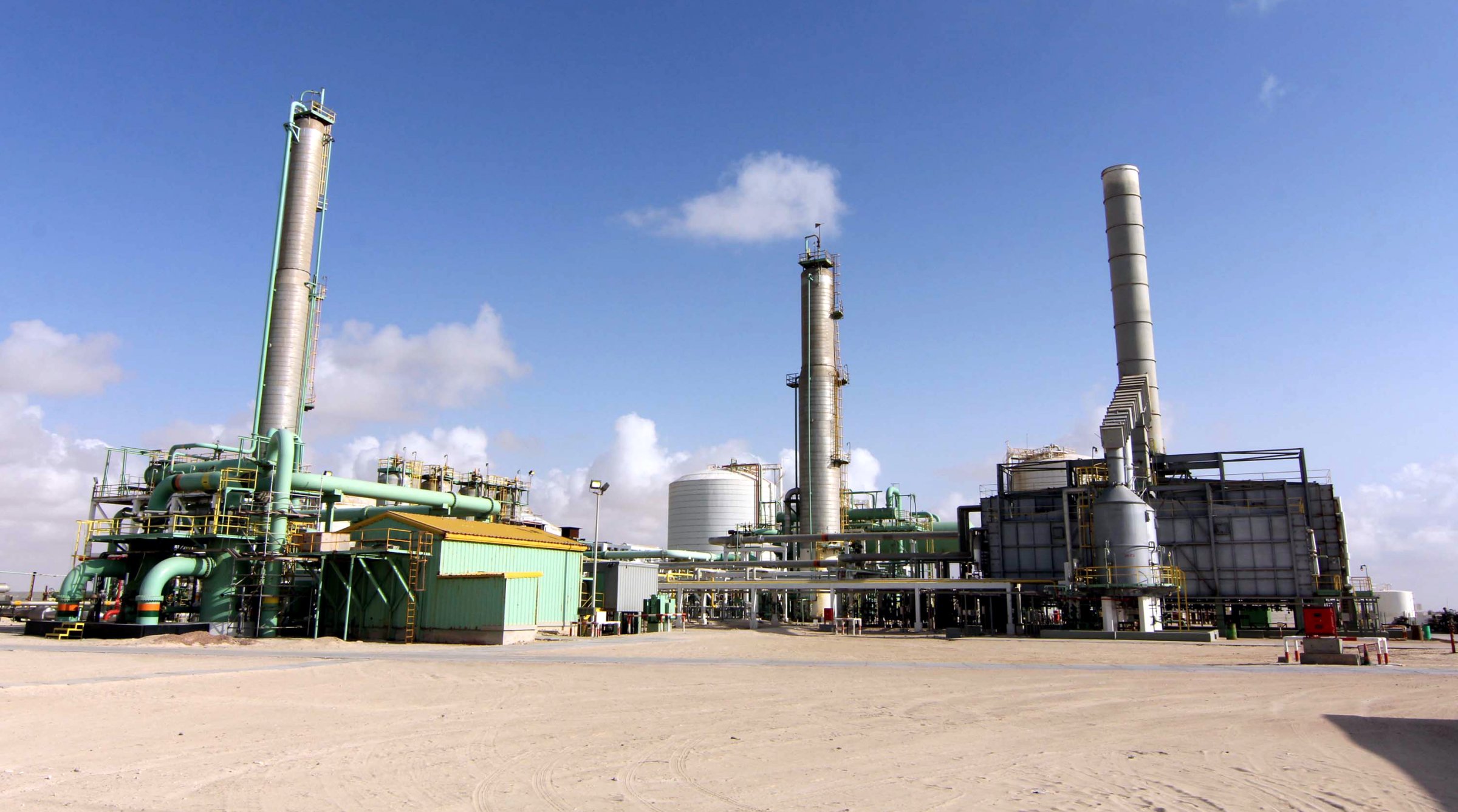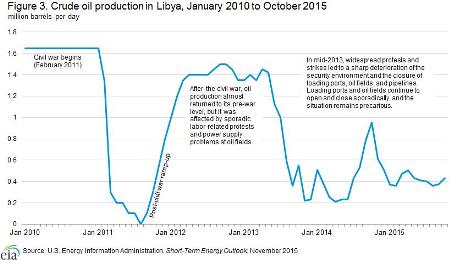
Europe is on track to send security experts to Libya after it successfully installed a so-called unity government that is willing to work with international agencies. A primary goal of this move will be to address the problem of the smuggling of people to Europe.
The move is in the planning stage. EU officials have declared that help will be sent should the new government, called the Government of National Accord (GNA), ask for assistance, which it did earlier this week. The GNA has asked for help from the EU in general, with an emphasis on restoring the security of the country and dealing with militant groups.
OilPrice.com: $91 Billion In Capex Cuts, A Serious Hangover For Oil
European officials have underlined that Europe’s involvement in Libya will not be military, but it seems this is a temporary decision. First of all, the GNA is not recognized by other unofficial governments that control different parts of the country, so its stability is questionable—at the very best. Second of all, the EU is treading very cautiously lest it should create the impression that it is “jumping the gun,” as one EU official told Reuters.
Be that as it may, realistically speaking a military involvement would be difficult to avoid given the extent of Libya’s problems, which are spilling over into Europe through the overwhelming migration that the continent cannot deal with. But Europe is militarily motivated beyond the refugee crisis.
Oil—which one can almost always find below the surface of any military action—is a big motivator. Since Gaddafi was overthrown in 2011, Libyan oil output has steadily declined, reaching a paltry 396,000 barrels in January this year.
The EIA chart below shows production fluctuations in Libya for the last six years, as well as the causes.

Now, Libya has been an important source of crude for Europe and its energy industry. Italian Eni, French Total SA, and German Wintershall all have a major presence in the country. Disruptions to supply caused by militant activity are not good for Europe. They are “good” for oil prices, however, and what’s good for oil prices in terms of upward potential, is good for Saudi Arabia. In fact, there are suspicions—none of them proved and all in the realm of rumor and theory—that the desert kingdom is arming some Islamist groups in Libya precisely to ensure the further disruption of its oil production.
In this respect, Europe’s interests are in direct opposition to Saudi Arabia’s.
Oilprice.com: Eni Hopes To Develop Supergiant Gas Field By 2017
But swinging back to the other motivating factor—refugees—the European Union is desperate to get out in front of this, particularly in the wake of its pact with Turkey, which has worked to decrease the influx from the Balkans but increases the likelihood of migrants taking the North African route, via Libya.
It is barely feasible at this point to eliminate the North African route without a military intervention, an intervention that will happen if the GNA simply asks for it. At this point the story will be about oil security, oil infrastructure, and getting production back on line. And if we see a return to Gaddafi-era production figures, we’re looking at production of over a million barrels per day, and a much worse glut than we have right now.
This article originally appeared on Oilprice.com
More Must-Reads from TIME
- Inside Elon Musk’s War on Washington
- Meet the 2025 Women of the Year
- The Harsh Truth About Disability Inclusion
- Why Do More Young Adults Have Cancer?
- Colman Domingo Leads With Radical Love
- How to Get Better at Doing Things Alone
- Cecily Strong on Goober the Clown
- Column: The Rise of America’s Broligarchy
Contact us at letters@time.com